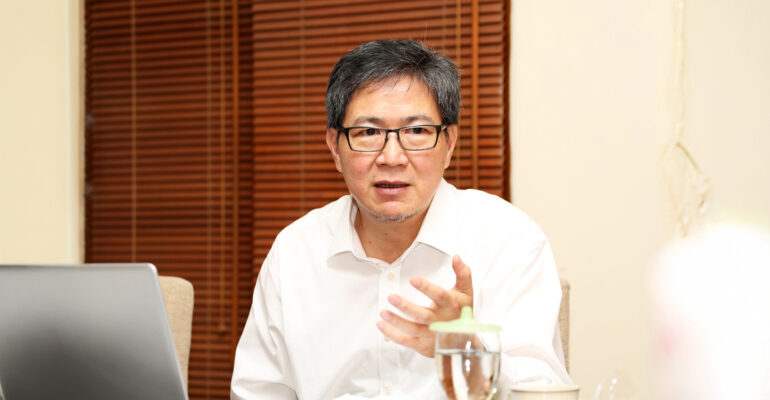How to Produce Delicious Coffee? IPB University Researcher Gives Tips

There are many factors that determine the taste and aroma of coffee. Differences in the type of coffee to the way the beans are processed and served can affect the taste of coffee. In addition, environmental factors such as altitude, climate, temperature and humidity also determine the taste and aroma of coffee.
Even though the type of coffee is the same, if it is grown in different regions, it can produce different flavors and aromas.
According to IPB University researcher and Ecological Genetics Expert, Prof Ronny Rachman Noor, this difference in genetics is known as the interaction between genetic and environmental factors.
Apart from these various things, Prof Ronny said there are several main factors that are very decisive to produce delicious coffee.
1. Water Ratio, Type, and Temperature
The first factor is the ratio between water and coffee. “Without the right ratio, we will not produce delicious coffee,” he said.
Prof Ronny continued, what also determines the taste of the coffee produced is the type of water used. “The general principle that we can apply is that if the water tastes good to drink, it can be used to brew coffee.”
Then, the temperature of the water. Prof Ronny explained that the recommended water temperature to produce delicious coffee ranges from 91-96°C. The best water temperature is hot water temperature close to 96°C.
“There is something that not many people know is that it is not recommended to use boiling water in brewing coffee. Using boiling water with a temperature of 100°C will reduce the quality of aroma and other coffee content,” he explained.
Conversely, said Prof Ronny, if the water temperature is less than 91°C, it will not be able to extract the maximum coffee content.
“Practically, after boiling water, it should be allowed to stand for a while before being poured and mixed with coffee powder,” he said.
2. Fineness of Coffee Powder
Another thing to know in making delicious coffee is the fineness of the coffee powder. The finer the size of the ground coffee, the wider the surface that will be exposed to hot water.
However, Prof Ronny revealed, the size of ground coffee grains that are too fine will also make these coffee grains exposed longer with hot water. As a result, unwanted parts of the coffee will be extracted, affecting the taste and aroma of the coffee. Simply put, the resulting coffee tastes more bitter.
3. Brewing Duration
The aroma and flavor of the coffee produced can also be determined from the brewing duration. If the brewing time is too short, the coffee components and aroma formed during the roasting of the beans will not all be extracted. Conversely, if it is too long, unwanted components will be extracted.
“For example, the alkaloid component of coffee is the slowest component to be extracted during the brewing process. If this component is extracted, the resulting coffee will taste more bitter,” said Prof Ronny. (IAAS/RWA)


